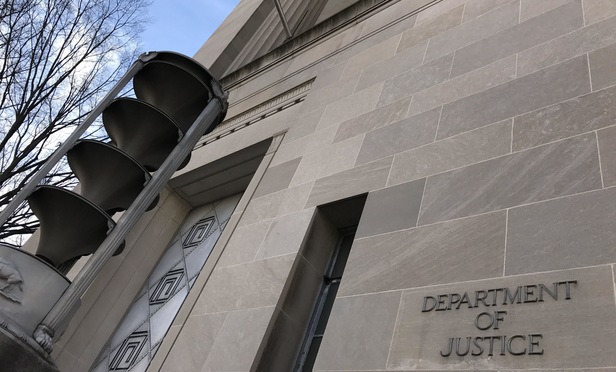As the Department of Justice (DOJ) continues its aggressive enforcement of the federal False Claims Act (FCA)—recovering $4.7 billion in FCA cases in FY 2016 alone, including $2.5 billion from the health care industry—it has perhaps never been more important for in-house attorneys to understand their role in conducting internal investigations. Central to the in-house lawyer’s duties in investigating a potential FCA violation is the protection of the company’s attorney-client privilege and any documents covered by the attorney work product doctrine. Sometimes, however, the duality of the in-house counsel job description—that is, as both a business advisor and legal counsel to the company—places the in-house attorney in a potentially precarious position with regard to ensuring that communications and documents relevant to an FCA investigation are afforded such protections.
In-House Counsel and the Attorney-Client Privilege
The Supreme Court has long held that the attorney-client privilege extends to corporate entities. See Upjohn Co. v. United States, 449 U.S. 383, 394-95 (1981). However, although communications between corporate clients and outside litigation counsel are “cloaked with a presumption of privilege,” communications with in-house counsel “involve a much different dynamic” due to the in-house lawyer’s involvement in business, technical, scientific, public relations, and/or advertising issues. U.S. ex rel. Baklid-Kunz v. Halifax Hosp. Med. Ctr., No. 6:09-CV-1002 (M.D. Fla. 2012). General business advice—as opposed to purely legal advice—is not protected by the privilege, because the purpose and intent is not to communicate legal advice. Id.



